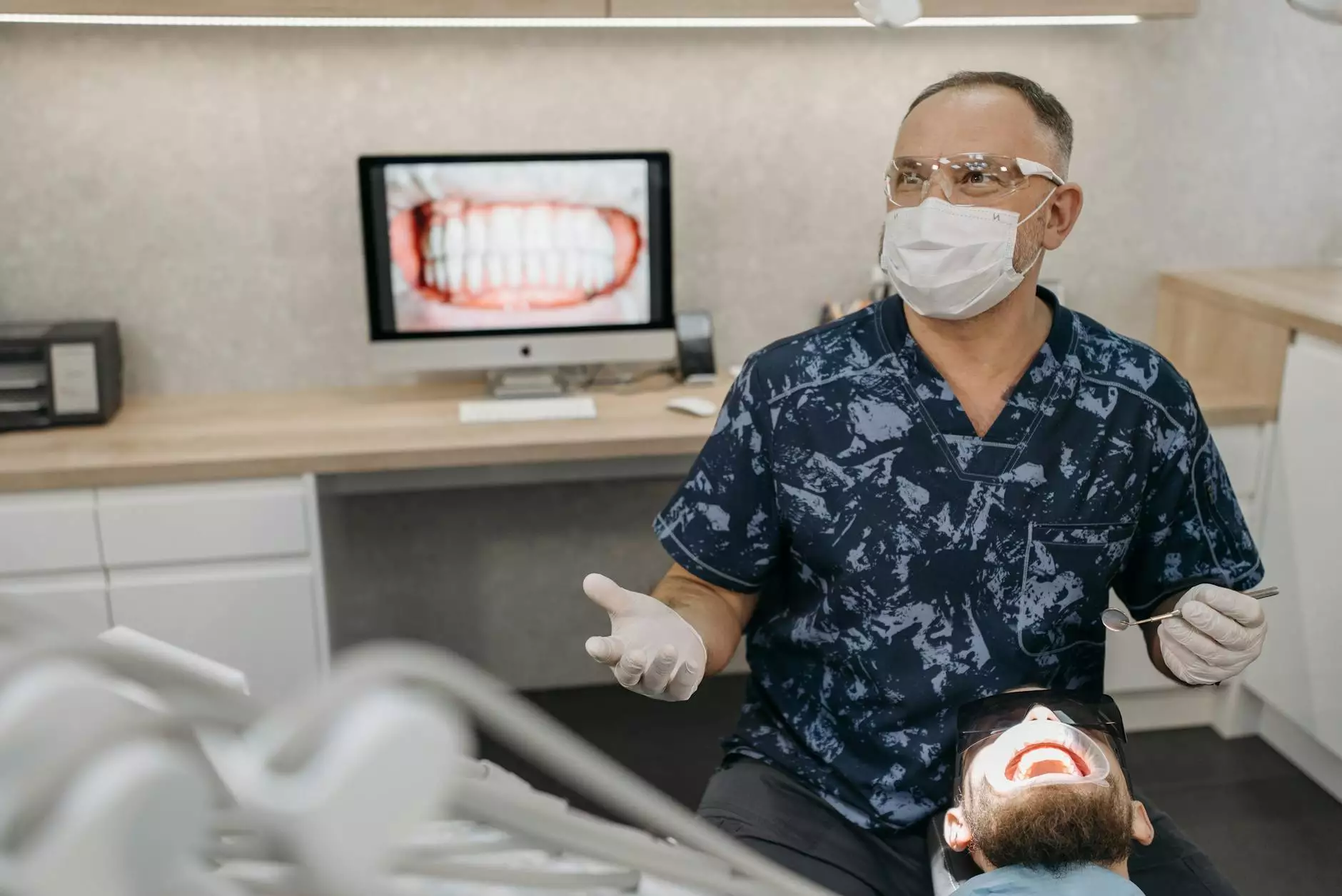Revolutionizing Vascular Health: Understanding RF Ablation Therapy

RF ablation therapy has emerged as a groundbreaking treatment for various vascular conditions, particularly those affecting the veins. With its minimally invasive nature and proven effectiveness, this state-of-the-art procedure offers hope and relief for patients suffering from venous disorders. This article explores the intricacies of RF ablation therapy, its benefits, and what patients can expect from this innovative treatment.
What is RF Ablation Therapy?
RF, or radiofrequency, ablation therapy is a medical procedure that uses electrical energy to generate heat, which is then applied to specific tissues within the body. In vascular medicine, RF ablation therapy is primarily utilized to treat varicose veins and other venous insufficiencies. The focused energy effectively closes varicose veins, diverting blood flow to healthier veins.
How Does RF Ablation Therapy Work?
The procedure begins with a comprehensive evaluation by a vascular specialist. This involves imaging studies such as ultrasound to identify the damaged veins. Once the treatment area is determined, the following steps are typically followed:
- Preparation: The patient is usually asked to lie down comfortably, and a local anesthetic is administered to numb the area around the vein being treated.
- Catheter Insertion: A thin catheter is inserted into the vein through a small incision.
- Energy Application: The catheter emits radiofrequency energy, heating the vein wall and causing it to collapse and seal shut.
- Post-Procedure Care: Patients are monitored briefly before being discharged with post-operative care instructions.
Benefits of RF Ablation Therapy
RF ablation therapy holds numerous benefits that make it a preferred choice for treating vascular conditions:
- Minimally Invasive: The procedure involves very small incisions, leading to reduced scarring and quicker recovery times.
- Effective and Reliable: Clinical studies show that RF ablation is effective in treating up to 90% of varicose veins.
- Rapid Recovery: Most patients can resume normal activities within a few days of treatment.
- Reduced Discomfort: Patients typically report less pain compared to traditional vein surgery.
- Immediate Results: Many patients notice significant improvement in symptoms almost immediately after the procedure.
Who is a Candidate for RF Ablation Therapy?
RF ablation therapy is suitable for a variety of patients, particularly those experiencing:
- Varicose veins causing pain, swelling, or discomfort.
- Chronic venous insufficiency leading to skin changes or ulcers.
- Patients who prefer minimally invasive options over traditional surgical solutions.
However, not all patients are ideal candidates. Conditions such as advanced peripheral artery disease or active infections may exclude certain individuals from undergoing RF ablation therapy. Therefore, a thorough evaluation by a vascular specialist is essential.
What to Expect During and After the Procedure
Understanding what to expect can significantly reduce anxiety and prepare patients for the RF ablation therapy experience:
During the Procedure
The procedure is generally quick, lasting around 30 to 45 minutes. Patients might feel a slight sensation or warmth during the energy application, but discomfort is usually minimal thanks to the local anesthetic. The vascular specialist will monitor the patient throughout to ensure everything proceeds smoothly.
Post-Procedure Expectations
After the procedure, patients may experience:
- Minor bruising or swelling at the site of treatment.
- Temporary sensations of tightness or warmth in the treated area.
To facilitate healing, patients are typically advised to wear compression stockings for a prescribed duration and to avoid strenuous activities for a few days. Most individuals can return to work and regular routines within a short period.
Risks and Considerations
As with any medical procedure, RF ablation therapy carries certain risks, although they are relatively rare. Potential complications may include:
- Infection at the insertion site.
- Nerve injury, leading to sensations like tingling or numbness.
- Blood clots or deep vein thrombosis (DVT).
- Recurrence of varicose veins over time.
It is essential for patients to discuss these risks with their physician during their consultation to ensure they are fully informed before proceeding.
Long-Term Outcomes and Follow-Up Care
Following RF ablation therapy, regular follow-up appointments with your vascular specialist are crucial for monitoring recovery and ensuring the effectiveness of the treatment. Many patients experience lasting results, with studies indicating high satisfaction rates. Maintaining a healthy lifestyle, including regular exercise and a well-balanced diet, can significantly enhance long-term outcomes and prevent the recurrence of vein issues.
Conclusion
RF ablation therapy stands as one of the most effective and minimally invasive options available for treating vascular diseases, specifically varicose veins and chronic venous insufficiency. With its high success rates, reduced recovery time, and overall patient satisfaction, it represents a significant advancement in vascular medicine.
If you or someone you know is struggling with the symptoms of venous disorders, don’t hesitate to reach out to a certified vascular specialist. They can provide a comprehensive evaluation and determine if RF ablation therapy is the right course of action for your condition.
For more information about RF ablation therapy and how it can help you reclaim your health and vitality, visit trufflesveinspecialists.com today.









